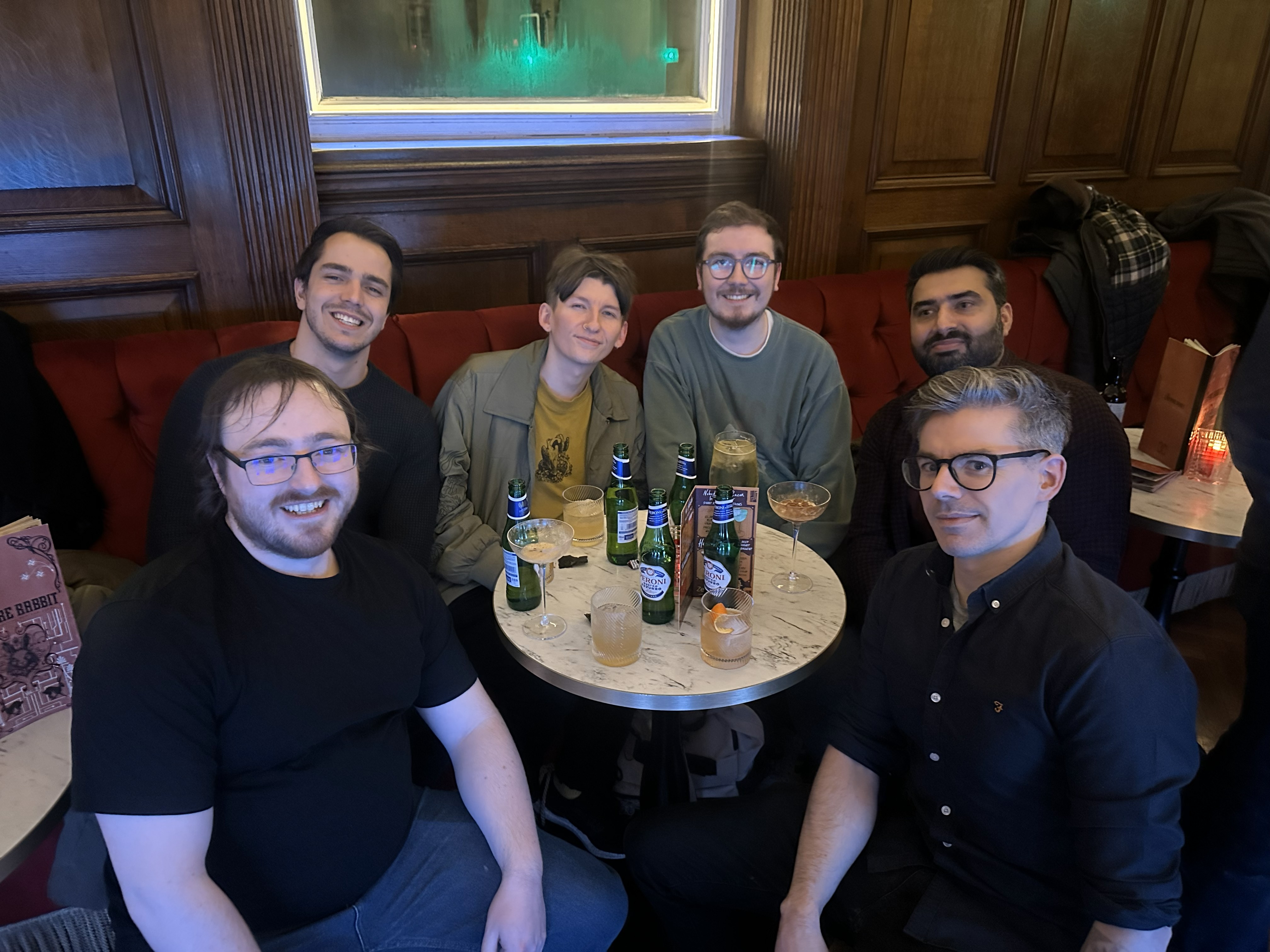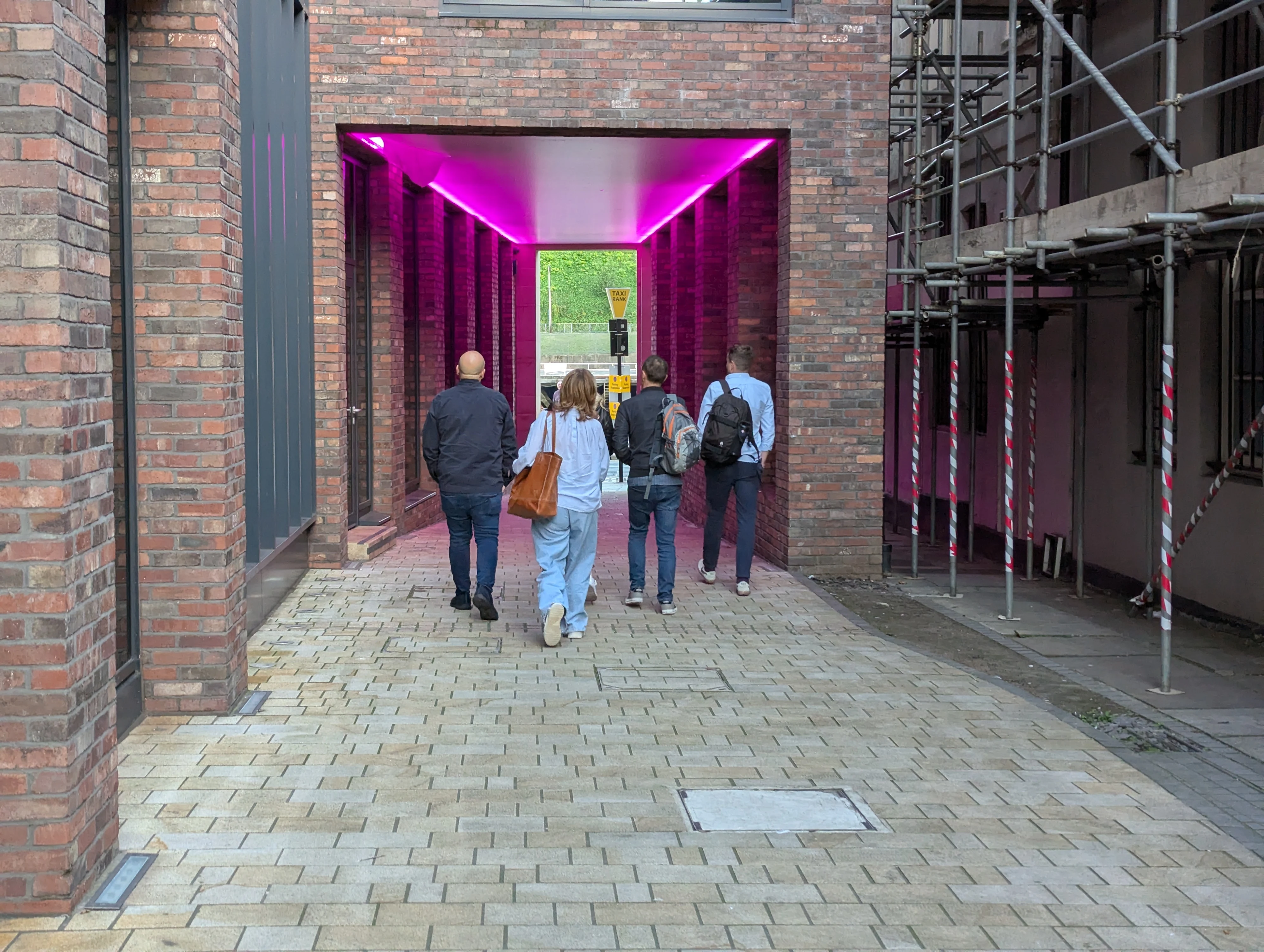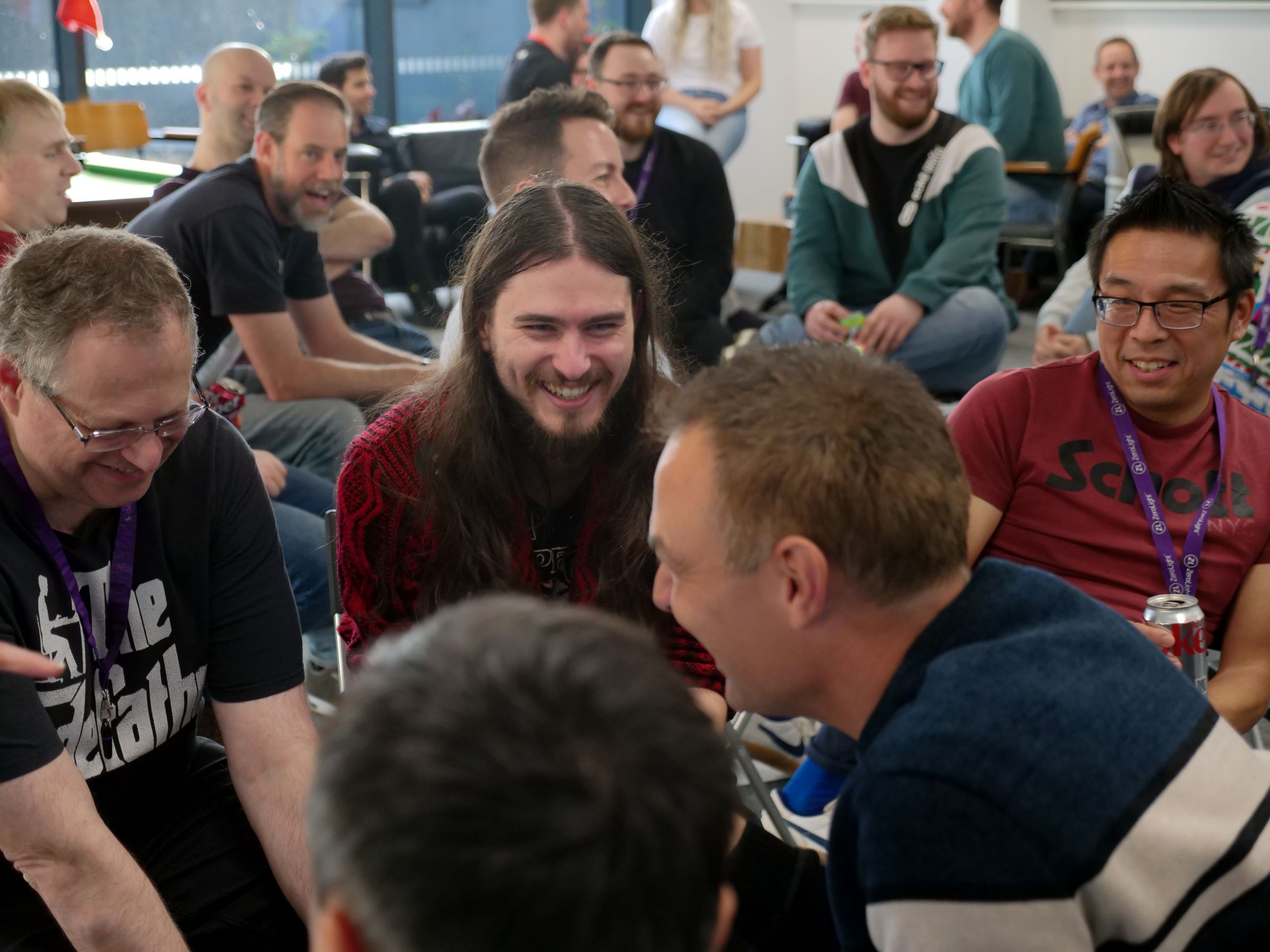Here at ZeroLight we are a clever bunch and we enjoy a lot of successes, but what happens when things don’t go to plan? What happens when we (dare I say it?!) fail? This is something we are turning our attention to on the talent team. We all fail, it is an essential part of learning and succeeding - so why are we all so afraid of it? Perhaps your fear is rooted in past experiences, or society’s obsession with perfection. Wherever that fear comes from you’re not alone if you feel this way with an estimated 31% of the population having reported this as a fear.
So, what is failure?
Failure is a lack of success in doing or achieving something, especially in relation to a particular activity.
Perhaps it is time for us to change that definition.
I read a brilliant quote from entrepreneur Sara Blakely:
“When my brother and I were growing up, my father would encourage us to fail. We’d sit around the dinner table and he’d ask “what did you fail at this week?”. If we had nothing to tell him, he’d be disappointed. The logic seems counterintuitive, but it worked beautifully.
He knew that many people became paralysed by the fear of failure. They’re constantly afraid of what others think if they don’t do a good job, and, as a result, take no risks. My father wanted us to try everything and feel free to push the envelope.
His attitude taught me to define failure as not trying to do something, instead of not achieving the right outcome.”
As a technology company we are familiar with the concept of ‘failing fast’. It takes the stigma out of the word failure and accepts that making mistakes is a natural outcome of the creative process. Failing fast celebrates continuous learning, innovation and improvement by promoting the idea that learning from a failed attempt increases the probability of eventual success. We want everyone to feel comfortable to fail with us.
So how can you create an environment which celebrates failure?
- Facilitate safety by removing negative connotations associated with failing, particularly blame.
- Acknowledges most decision making is reversible.
- Iterates quickly.
- Test ideas and assumptions as quickly as possible before you invest too much time and money into them.
- Celebrates intelligent failure.
If failure is not an option, neither is success. Innovation is just repeated failure until you come up with something that works.
Seth Godin












